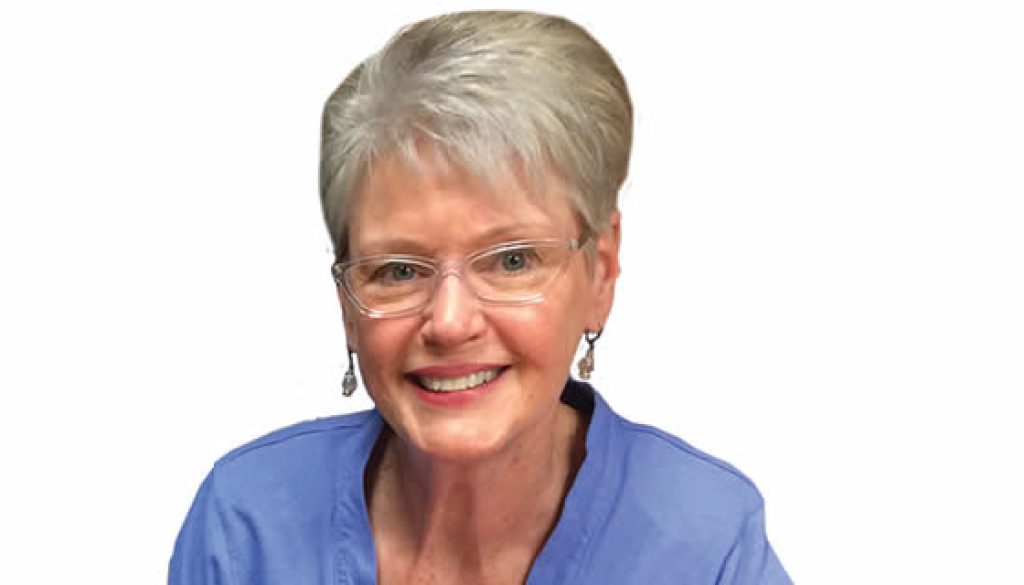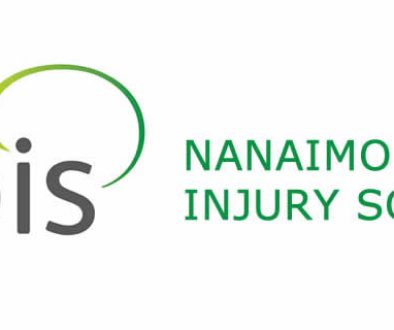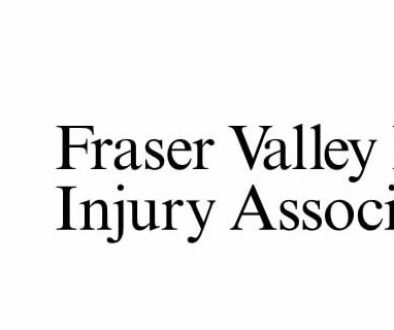Mary Jane’s Story – A New Way Of Life (BrainTrust Canada)
 Mary Jane is a sixty-four year old registered nurse. In the early morning of September 27th, 2016, she was driving home from her night shift when she fell asleep at the wheel and ended up in a single-car collision, totaling her vehicle and leaving her in shock, but with no apparent injuries. Later that day, Mary Jane visited a walk-in clinic where she had a neck x-ray and was prescribed both a muscle relaxant and an analgesic for whiplash, and sent on her way.
Mary Jane is a sixty-four year old registered nurse. In the early morning of September 27th, 2016, she was driving home from her night shift when she fell asleep at the wheel and ended up in a single-car collision, totaling her vehicle and leaving her in shock, but with no apparent injuries. Later that day, Mary Jane visited a walk-in clinic where she had a neck x-ray and was prescribed both a muscle relaxant and an analgesic for whiplash, and sent on her way.
At a follow-up appointment with her general practitioner ten days later Mary Jane was diagnosed with a severe concussion, something that had not even been considered at her original doctor’s visit. She was referred to an occupational therapist, but her status as a casual employee didn’t entitle her to extended healthcare benefits which she couldn’t afford on her own. Mary Jane quickly became overwhelmed with the protocols, paperwork, and financial stress that accompanied her diagnosis.
Due to her work and living situation Mary Jane fell through the cracks for social support programs including Employment Insurance (where she lacked the work hours to qualify for support) and the British Columbia Medical Services Plan (where her wages were deemed too high to qualify for temporary premium assistance which would pay for the extended healthcare she required). In addition, her application for recognition as a Person With Disability (which would qualify her for Disability Assistance from the provincial government) was denied. On mandatory sick leave from work, Mary Jane was surviving on $610.00 a month in CPP and social assistance benefits. With rent alone at $750.00 per month, Mary Jane’s cost of living far surpassed her financial means, and she began living on credit to make up the difference. Coupled with the lasting effects of her concussion, Mary Jane’s situation left her in emotional turmoil and a severe mental fog. She sought out local mental health services to help address the anxiety and depression that developed; she remains on the wait list for this programming.
Her frustration increasing, Mary Jane followed up on her doctor’s suggestion to contact Kelowna Community Resources. Through this organization Mary Jane became connected to BrainTrust Canada, and her story began to take a positive turn. Because of funding from the Brain Injury Alliance we were able to begin providing her with much-needed support to stabilize her situation.
Mary Jane worked closely with one of our Community Support Coordinators who helped revise her paperwork and applications for financial support. Our Director of Client Services provided additional guidance and a letter of support for her previously denied application for Disability Assistance, which was reconsidered and accepted. Working In collaboration with other community partners, BrainTrust Canada was able to assist Mary Jane with accessing funding to help her offset the looming cost of rent and enable her to work towards greater financial stability. She was also assisted in applying for low-income seniors’ housing; openings can take one-two years to become available, but now Mary Jane is in the system. In the meantime, BrainTrust Canada staff also worked with Mary Jane to evaluate her housing situation and determined that her current circumstances were the best fit at this time, and could be re-evaluated when she is accepted for a low-income seniors’ housing placement.
The Community Support Coordinator who worked with MaryJane also assisted her in successfully implementing strategies for managing her post-concussion symptoms. These included the development of routines, time management, and energy management techniques. For example, to compensate for memory deficits Mary Jane was equipped with strategies like using phone reminders, a day timer calendar, and sticky notes.
The mental-emotional effect Mary Jane experienced post-concussion had been considerable, so the Coordinator also spent time providing her with techniques to assist her when she became overstimulated, and de-escalation strategies for when she became overwhelmed. In addition, Mary Jane had been dealing with the effects of the concussion with little to no support; to prevent further isolation, strong emphasis was also given to social activation. Mary Jane was supported in accessing local seniors’ groups and programs based on her interests.
With the help of BrainTrust Canada and her growing community connections, Mary Jane is slowly rebuilding her confidence and dignity. Because of funding provided by the Brain Injury Alliance, BrainTrust Canada has been able to empower Mary Jane to embody resiliency and adapt successfully to her new way of life. Her experience, strength, and wisdom are assets that will be of guidance and support to others living with brain injury, and we anticipate staying connected with Mary Jane.
Following a car accident resulting in a severe concussion I spent six months maneuvering through the medical system alone, other than with my doctor’s help. I felt frustrated, unable to think clearly or find direction and overwhelmed by the paperwork and lack of adequate financial assistance.
Emotionally, my life changed dramatically for the better when I found Brain Trust. They provided “the calm in the middle of the storm”. I finally had the advocacy I so desperately needed.
They are professional, yet empathetic and caring and provided information and assistance with housing needs, filling out government forms and appeals, suggestions of other helpful agencies like ABI and Now Canada. They are presently providing encouragement and life skills training as I slowly recover from this life altering event.
I am so thankful for the dedicated staff who never hesitate to go the extra mile in assisting their clients to cope with the challenges of daily living.
Sincerely,
Mary Jane




